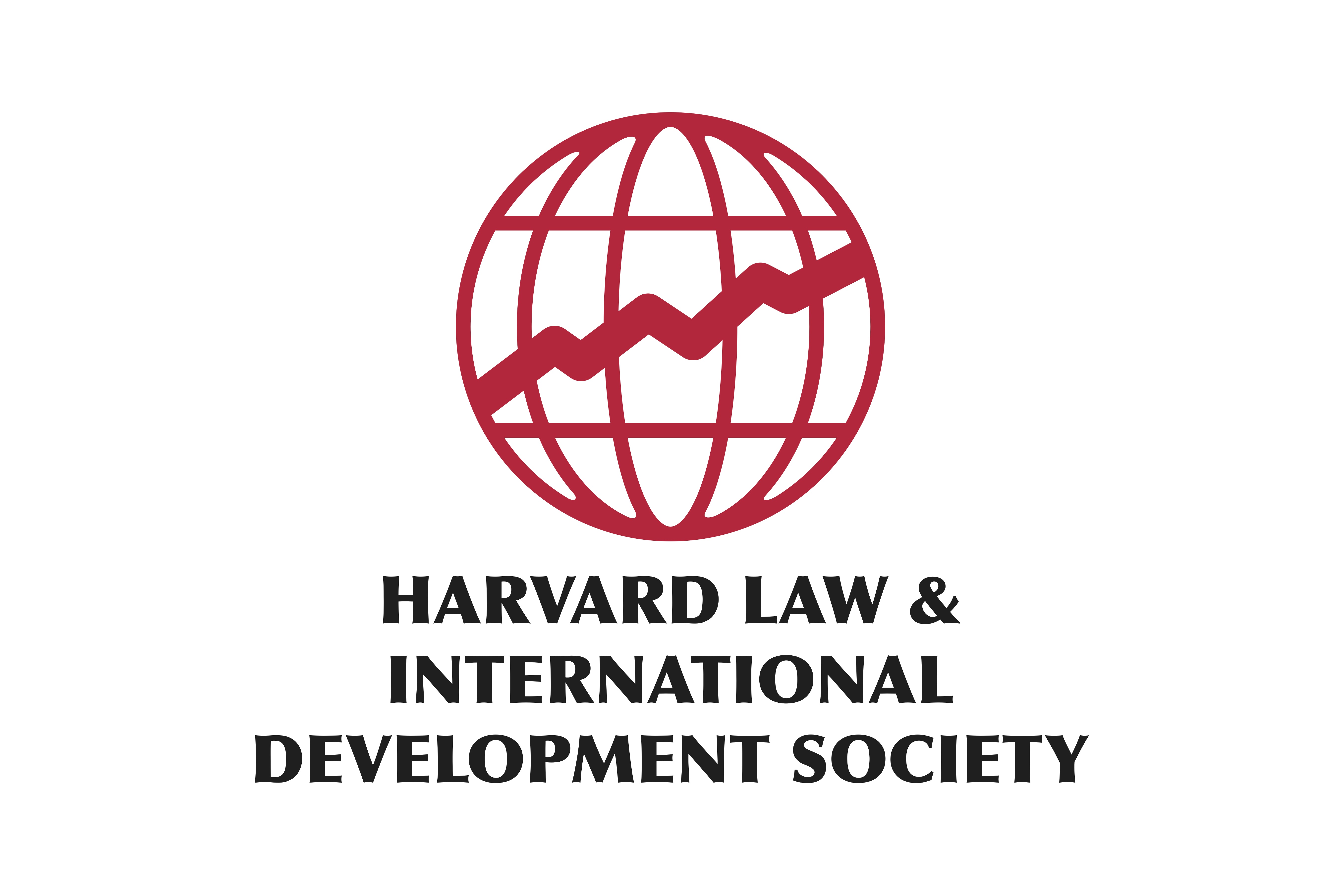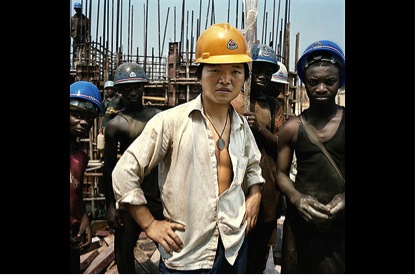Jan. 21, 2014 – John Rennie
With the start of the spring semester one of the biggest questions on students’ minds is how they will spend the upcoming summer. For many law students this has already been settled and they know what law firm they will be working at during the summer. But others, especially graduate students like myself, face an open opportunity. This can be a challenge – finding the right internship can require both work and luck – but also an opportunity, as it provides a reason to reach out to organizations that you have always been interested in and see where you might fit.
I mention the process of finding internship and jobs because I think it highlights one of the biggest assets of LIDS projects – the opportunity to engage with organizations doing exciting and cutting-edge development work. As I learned last year, this can be a natural step to a great summer internship.
I began working on LIDS projects last year when I joined a project with the Vale Columbia Center for Sustainable International Investment. Our project researched best practices in the use of technology transfers in FDI. As I got to know the organization and their work better, I came to realize that their work was closely aligned with my professional interests. Vale is a young research and consulting group affiliated with Columbia University. They work with companies and government to maximize the social, economic, and environmental returns on investments while minimizing the risk. After meeting with our project’s supervisor and discussing her work, I quickly agreed to spend my summer doing further research for Vale.
I spent my summer with Vale in New York researching and writing a paper on how a recent ICSID ruling has created important new limitations on the use of performance requirements, which are a set of policies that stimulate that investors must meet certain standards if they invest in a country (such as local content requirements). This has important consequences for developing countries, many of which consider performance requirements to be a useful tool for shaping industrial and development policy. This internship gave me the opportunity to develop a deep understanding of an issue that is highly relevant to the field I hope to work in and it has been very helpful in deepening my understanding of development economics and trade law.
All of the graduate schools in the Boston area have fascinating activities going on each day. But it is useful to remember that when we graduate we’ll be hoping to find a job that provides us an opportunity to use our skills and make a difference. In my experience, LIDS projects have provided an important bridge between school and the outside world. I’m excited that this spring many more students will be joining LIDS projects and having similar experiences.



